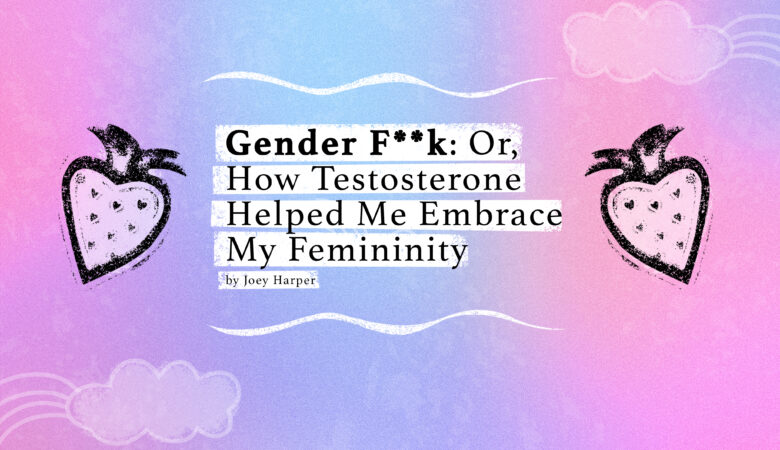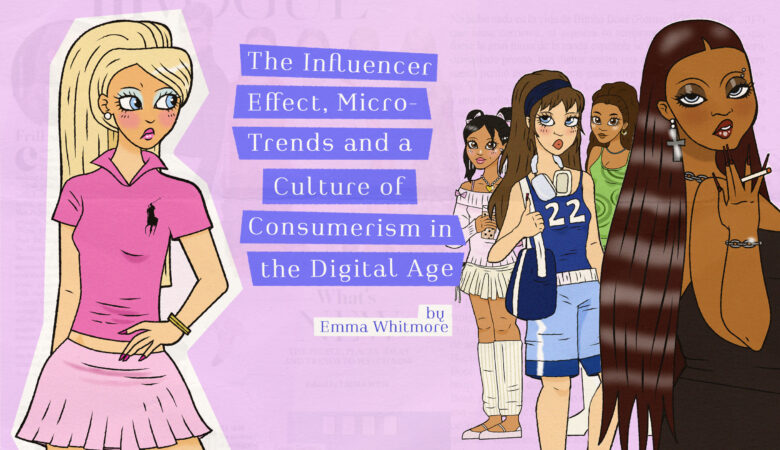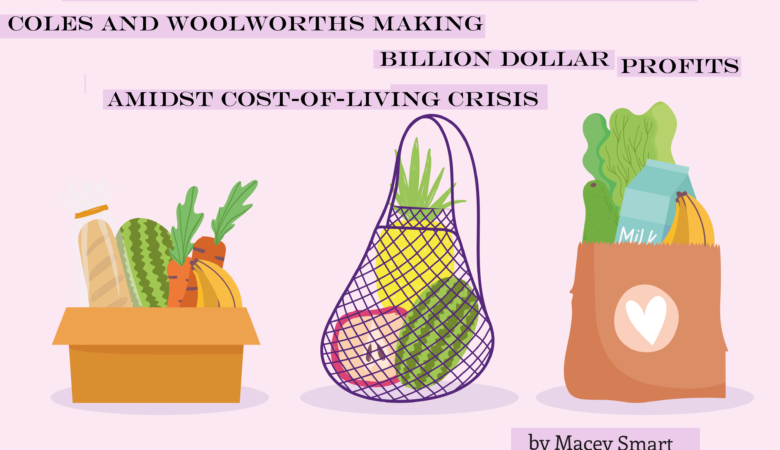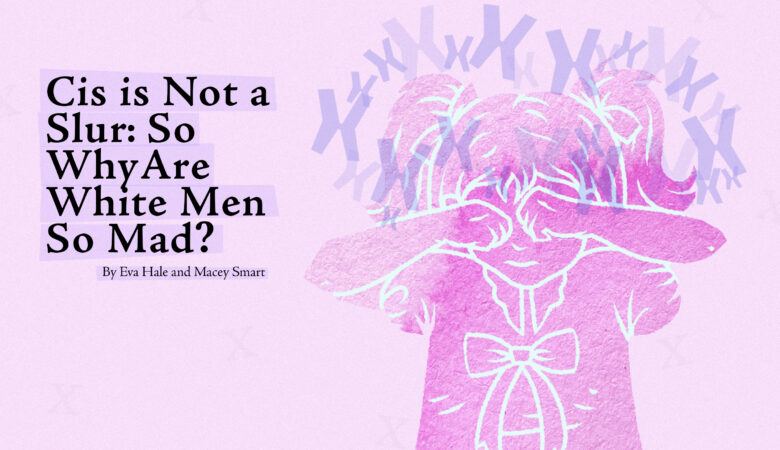For any students who don’t have the time to research every candidate for the Senate (the large and obtuse white paper), this article will seek to identify some of the obscure parties and independents and list their policy positions.
After all, what kind of young person would have the time to do all that research these days, with us being so busy contemplating the bright future that lies ahead of us? It’s totally not like we’re living in a period of crushing uncertainty in which the notion of home ownership, decent wage growth and a survivable planet seems a far off distant fantasy.
Not in the slightest.
This report won’t go through every party and independent’s policy positions but it’ll give you enough to get a gist of each candidate, as well as their stance on the most important issue of the century, climate change.
Since most people will be familiar with the major parties and the Greens, I won’t give but a brief description of them just to fill in any first time voters. Further information can be found on the candidates’ websites or via the helpful website They Vote For You. Regardless of your political persuasion, I’d argue for voting fully below the line for all 39 candidates to fully have control over your vote.
The Greens
The Greens are Australia’s oldest environmentalist party with a focus on progressive social values. In the 2019 election, the Greens received just under 45k votes in Tasmania, earning themselves one senate seat with incumbent Peter Whish-Wilson. The Greens champion themselves this election on seeking to meet the 2030 deadline on reducing climate emissions as urged by scientists world-wide.
Liberals
While the term liberal outside Australia often denotes that a person/group is left-wing/left leaning, most Australian conservatives reside in this party, alongside the Nationals with whom they form a coalition characterised by shared conservative social and economic values. With three candidates up for election and earning over 110k votes last term, Wendy Askew, Jonathon Duniam and Eric Abetz are hoping to gain re-election.
Abetz has been in office since 1994 and since been the face of conservativism in Tasmania, with his values permanently stuck in the 1950s. With a long history of shit takes, will Eric’s time in the spotlight have finally reached its end having been relegated to third on the Liberal ticket? We fucking hope so.
P.S. Yes, his uncle Otto was a Nazi, but we don’t talk about that.
The Liberals have committed to reducing carbon emissions 2050, but also wish to keep carbon emitting and environmentally destructive projects up and running, with huge support for the fossil fuels industry. This party is a nightmare for the climate, with climate change deniers running rife within its ranks.
The party’s leader Scott Morrison has also been credibly accused of being absolutely shithouse and bad at making curries. Remember that meme of him claiming coal is clean? Yep, that’s how seriously his party has taken climate change.
Labor (ALP)
The ALP is Australia’s oldest existing political party and has strong ties to the union movement. Generally considered centre left, in the last federal election they only narrowly had 4k less votes than the Liberals. Helen Polley and Anne Urquhart are both up for re-election this time. While Labor has agreed to the 2050 emissions target set by the Libs, there is conflict internally between Labor’s left and right factions as to what should happen with the coal industry. For the most part, the ALP has more progressive social views than the Liberals, but also have shared strikingly horrible views on national security and refugees, with only slight differences in those policies. While climate denial is not as strong in the ALP, like the Liberals, they also accept donations by the fossil fuel industry.
Now I’ll get onto the focus of this article, the minor parties and independents. Get ready for a dive in the loony bin and welcome to the Matrix, Mr Anderson.
Sustainable Australia Party
The Sustainable Australia Party describe themselves as centrists. They aim to protect the environment and tackle political corruption, but run with a streak of nationalism that focuses on population size and reducing immigration by capping permanent arrivals per year. Ecofash vibes but make it greenwashed.
One Nation
This party usually speaks for itself. Far-right, Hanson’s views have catered to such extreme views as xenophobia, homophobia and islamophobia. The list of Hanson’s reactionary and hateful commentary is too long to mention here but Pauline’s views have often invited associations with neo-Nazis and white nationalists. An absolutely evil human being. Pauline is most often remembered for her political stunt of wearing a burqa into parliament to mock the Islamic faith.
It’s worth noting Steve Mav (AKA that one dude who always disrupted your morning commute by waving from the roadside with a shit-eating grin), the legal alias of Stavros Mavrigiannakis. Steve has a long history of unsuccessful political runs and disturbing behaviour, such as claims that he stole money from an Aboriginal group he worked for. After a short but brief stint at the Glenorchy City Council, he was forced to resign in shame in 2008 (look it up). Taking a note from other right-wing populists, Mav uses his social media to push reactionary and dangerous conspiracy theories that could encourage supporters down the far right rabbit hole.
Animal Justice Party (AJP)
The AJP is pledged to, as their name suggests, the protection of animals and the environment. With this as their focus, the AJP can be classified as sharing some similar views with the Greens but push for more extreme measures to achieve their political aspirations. They do have secondary policies such as case by case gene modification, outlawing the sale of pets outside of rescue centres and protecting all animals from harm.
Legalise Cannabis Australia (LCA)
A single issue party like the AJP, it begs the question as to why this group exists when the Greens already have a policy covering this issue. They support the sale of cannabis for both medical and recreational use, supporting decriminalisation and policies for the sale and regulation of the drug. While the AJP has some range of policies outside of animal welfare, there are many unknowns as to what LCA party members think policy-wise on other issues. One of the previous candidates in the last election denied to Nick McKim his belief in the existence of climate change.
Shooters, Fishers and Farmers’ Party (SFF)
Consider this group filling the gap that the Nationals leave since they aren’t running any senate candidates this time around. That said, the SFF are critical of the major parties, including fellow conservatives the Liberals and Nationals. Regionally focused, this group is conservative and focuses on issues from a perspective that does not restrict regional workers from their work and pastimes. For example, they support action on climate change but as long as it doesn’t impact coal miners or other workers employed in the fossil fuel industry in any way, including transitioning said workers towards employment in renewables. They’re also for the laxing of gun laws, such as allowing further gun importation, rejecting the establishment of any federal gun registry and expanding the use of firearms for self-defence. Similarities could be drawn to positions of the US National Rifle Association (NRA). Cringe.
Australian Federation Party (AFP)
As the name hints at, the AFP is a right-wing party. Let’s focus on candidate Justin Stringer, whose social media posts can be classified as highly nationalist, far right and delve into anti-vax conspiracy theories. Stringer previously ran in 2014 for the Palmer United Party unsuccessfully. In 2019, he ran with Cory Bernadi’s Australian Conservatives party and yet again was shown to be unelectable. While throwing money in the wind, it begs the question of just what Stringer’s strategy is apart from radicalising voters to his far-right populist agenda. This guy is an absolute loser.
The Local Party (LP)
The LP are populist left in their nature, with a grassroots approach. They seek to tap into voter dissatisfaction with the major parties and promote themselves as a group of independents. The main issues the LP focus on is corruption, climate change, Aboriginal rights and overhauling existing political structures which they believe have failed.
Liberal Democrats
Likewise with the Liberal Party, the liberal in this party’s name does not mean that it is progressive. While initially appearing conservative, they appear quite reactionary, going so far as to name their policy page ‘Freedom Manifesto’. This immediately gives away that like other right-wing parties running this election, they have a strong focus on “individual freedoms”. Like other right-wing groups, they have bizarrely adopted the Eureka flag despite its roots in industrial history. The Lib Dems believe in the elimination of the Racial Discrimination Act, as they equate hate speech as being a natural part of their doctrine of removing any restrictions to speech, whether harmful or not. They also believe voting should not be mandatory, fulfilling their dream of Australia becoming a right-wing country with a bare bones government. Who wouldn’t love to live in a libertarian hellhole controlled by a private militia owned by Amazon/McDonald’s? Sounds pretty red-pilled to me bestie.
United Australia Party (UAP)
What more can be said about this party. Clive is spending a lot on advertising as he did last time. You’ve seen them everywhere. Palmer even admitted last time that his goal was to take away potential Labor votes in order to return the conservatives to power.
A mine owning tycoon and anti-climate change oligarch, Palmer is yet again running a right-wing populist campaign. Trying to attach to voter dissatisfaction, Palmer’s party believes the major parties and the Greens have failed the country. How? You guessed it… ATTACKING FREEDOM. They promote radical change to the entire country, adopting a Trump-like drain the swamp mantra. That said, the UAP has no likelihood of forming a government. The best they could hope for is a minority conservative government that they could drag further rightward if they can somehow get Craig Kelly re-elected.
Jacqui Lambie Network (JLN)
Lambie champions herself as an underdog. While not up for re-election until 2025, she’s running Tammy Tyrell as her lead candidate, a former farmhand and office worker who’s worked with Lambie for seven years. If the JLN vote from 2019 holds up, Tyrell is expected to be successful in her bid to join the Senate. Lambie’s father Tom is also running as a support candidate.
Sitting somewhere just right of centre, Lambies views typically fall across the political spectrum. Pro-army, the JLN also believes in ‘keeping the bastards honest’. Lambie herself has often voted with other independents against the government. Lambie was recently involved in controversy in which she claims the Morrison government blackmailed her to support freeing sick refugees from detention.
In a disappointing move, the JLN has preferenced the LNP over the ALP in the key marginal seat of Bass. Hilariously, the electorate’s candidate Bob Salt has simply stopped campaigning in protest of the decision. We love a based salty king.
Informed Medical Options Party
Anti-vaxxers. What more can be said about them? They’re anti-government, climate change and science. None of their conspiracy theory claims are evidence based. They’re clearly trying to grab the vote of people who believe in dangerous and fake theories that suggest vaccines cause autism and other such disgusting nonsense. Placing anti-vaxxers on the political spectrum is tricky, but it’s easier to say that they’re extremists who are so far down the rabbit hole they’re down in Wonderland with Joe Rogan and co. Total wankers.
Independents
This election, the Tasmanian Senate has two independents running for nomination. Interestingly, both of these candidates come from opposing sides of the political spectrum. Fenella Edwards is the left-wing candidate who is progressive on many issues. Controversially and disappointingly, Edwards is not supportive of trans rights which has tarnished her credibility as a true progressive, having tweeted in support of trans exclusion from sport this year and last. She’s also a self-described DJ – but honestly transphobia isn’t very disco, Fenny.
Steve Crothers is as nutty as a fruit basket. Expelled from the University of New South Wales, Crothers is an anti-science conspiracy theorist who disputes the proven existence of blackholes. Not only that, but as has been rightfully pointed out by some, Crothers’ only doctorate is from a fraudulent institution that has as much legitimacy as Trump University. It’s fair to say his political views are incredibly far right and nonsensical. I’m not sure why Crothers is running with all the odds against him, but it’s no doubt he will use his eventual election loss to further fuel his insane beliefs. #StopTheCount.
Seeing as many of these minor parties also appear to be running in the House of Representatives (the tiny green paper), I’ll end with a brief detour of some of the high profile independent candidates that’ll be running in the lower house.
Andrew Wilkie’s (Clark) history is fascinating. From rural Tamworth, Andrew spent over 20 years in the army with a BA from the UNSW. Anyone unfamiliar might jump to the conclusion that Wilkie would be a conservative but that would be false, although he was a member of the Liberal Party briefly in the 80s. Wilkie’s career as a progressive first picked up steam when he resigned from the army as a result of the invasion of Iraq. He subsequently ran in 2004 against John Howard with the Greens in 2004, but was unsuccessful, later winning the seat of Clark (then Denison) in 2010 as an independent. Wilkie has harshly criticised the major parties on the issues of war, healthcare, refugees as well as many more. Andrew frequently votes with the Greens and other left aligned independents. At this point it wouldn’t be a bold bet to say Andrew Wilkie will once again be re-elected given his popularity.
Previously running in both the 2018 by-election and the 2019 federal election, Craig Garland’s (Braddon) main focus has previously been on the boating and fishing industry in NW Tasmania. Craig’s policies have since expanded this election to include focusing on issues of wealth inequality, environmental destruction and corruption. Garland very much presents himself as an everyman who is sick and tired of the dodgy dealings and corruption committed in Canberra and beyond.
In Bass, George Razay is running on a seemingly centre-left platform. He’s also frequently spotted wearing a very snazzy saxophone tie. George or should I say Doctor George, is not only a fashion king, but a legendary GP located in Launceston. An expert and specialist on dementia for over 25 years, Razay’s policies are progressive in nature, with policies addressing inequalities for all age groups. Please wear that snazzy tie if you win George.
There are no independents running in either Franklin or Lyons so I have no commentary on those candidates.
So you’ve heard a bit about the parties and the candidates, but are you unsure of which party to vote for? Well good news for you because the ABC has once again got their vote compass up and running to help you find out where you sit.
Are you a raging centrist who loves neoliberalism to pieces? A leftist who cried when Bernie Sanders didn’t get nominated (again)? A libertarian who reads Ayn Rand every weekend (ewwww)? Or maybe you’re apolitical (sitting on the fence must really hurt your back).
Check out the compass here.
Regardless of your political persuasion, I hope this article has adequately helped you to explore some of the policy positions on offer by the minor parties and independents. Remember as well that participating in our democracy shouldn’t happen just once every three years. Get involved in local activism, join your union and go get yourself a democracy sausage/veggie burger this Sat.








